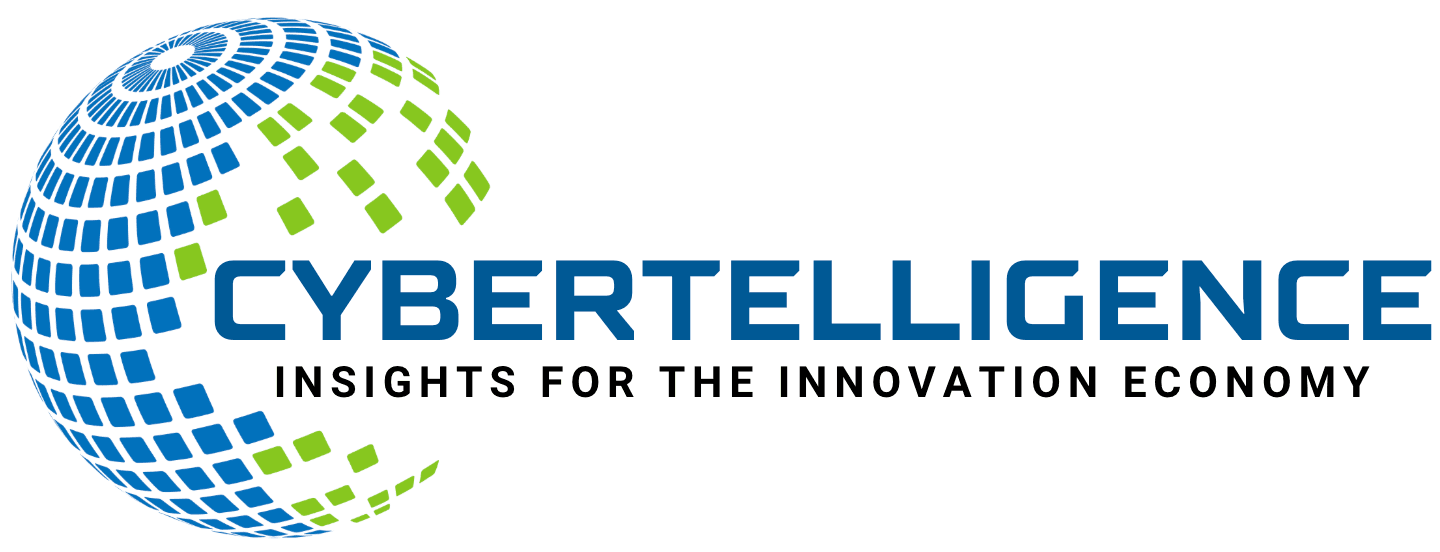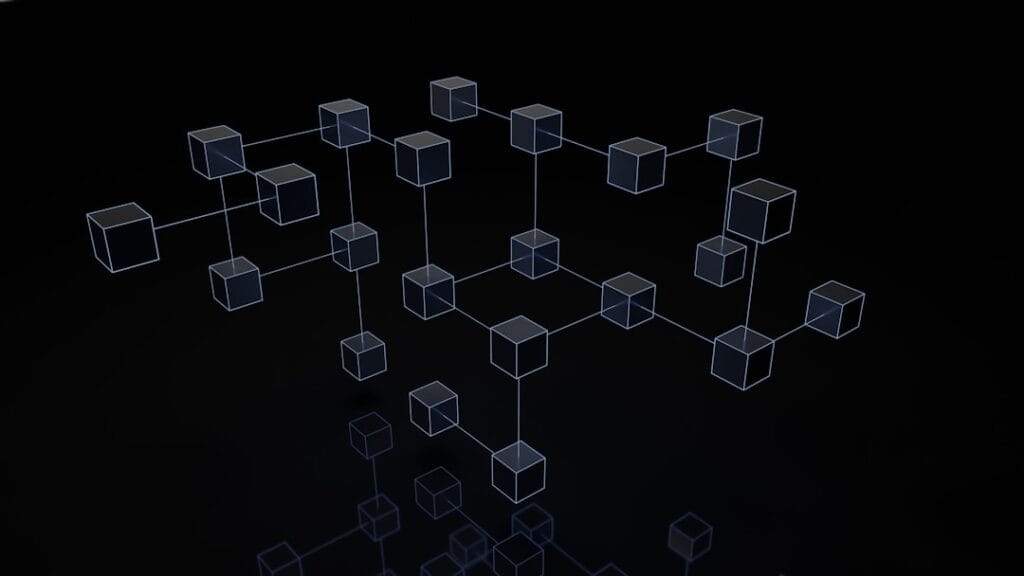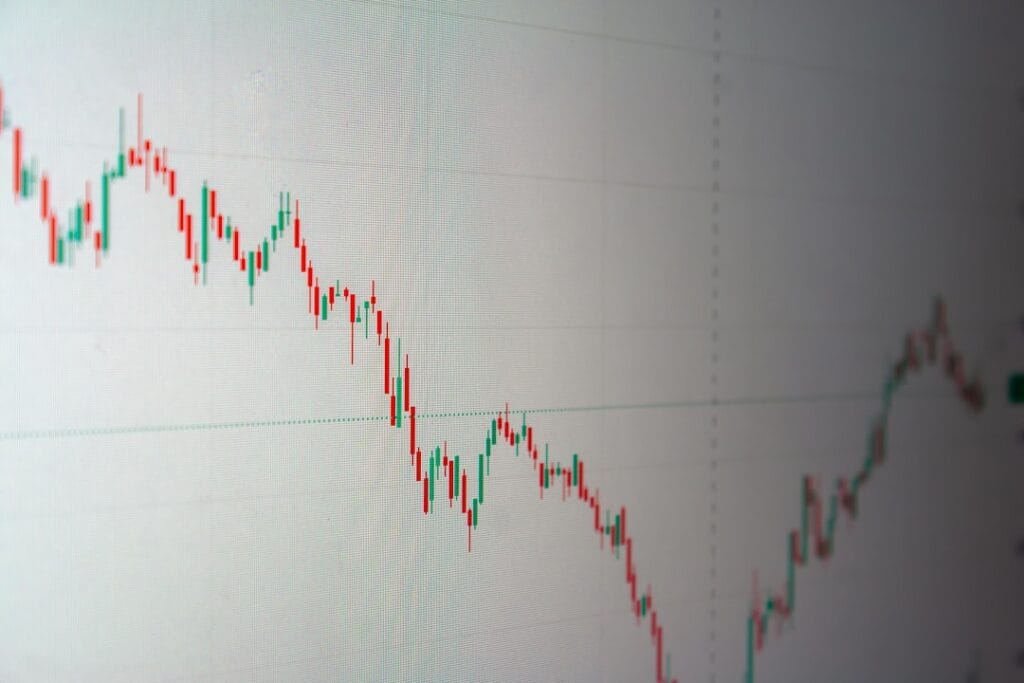As you delve into the world of finance, you may have noticed a significant shift in how financial services are being delivered. The rise of Decentralized Finance, or DeFi, has transformed traditional financial systems by leveraging blockchain technology to create an open and permissionless financial ecosystem. This movement has gained momentum over the past few years, attracting a diverse range of participants, from tech-savvy investors to everyday users seeking alternatives to conventional banking.
You might find it fascinating that DeFi platforms allow individuals to engage in lending, borrowing, trading, and earning interest without the need for intermediaries like banks or brokers. The allure of DeFi lies in its promise of greater accessibility and inclusivity. You can participate in financial activities from anywhere in the world, provided you have an internet connection.
This democratization of finance is particularly significant for those in underbanked regions, where traditional banking services are often limited or non-existent. As you explore this burgeoning landscape, you may encounter various DeFi protocols and applications that are reshaping how people think about money and financial transactions.
Key Takeaways
- DeFi is revolutionizing the financial industry by providing decentralized alternatives to traditional financial services.
- Blockchain technology is transforming finance by enabling secure, transparent, and efficient transactions.
- Smart contracts play a crucial role in DeFi by automating and enforcing agreements without the need for intermediaries.
- Decentralized exchanges are disrupting traditional markets by offering peer-to-peer trading and greater liquidity.
- DeFi has the potential to revolutionize lending and borrowing by providing more accessible and inclusive financial services.
Blockchain Technology and its Impact on Finance
At the heart of DeFi is blockchain technology, which serves as the foundational layer for these innovative financial services. You might be intrigued to learn that blockchain is a decentralized ledger that records transactions across multiple computers, ensuring transparency and security. This technology eliminates the need for a central authority, allowing users to interact directly with one another.
As you consider the implications of blockchain in finance, it becomes clear that it has the potential to streamline processes, reduce costs, and enhance security. The impact of blockchain on finance extends beyond just DeFi. Traditional financial institutions are also exploring how they can integrate this technology into their operations.
You may find it interesting that banks are beginning to adopt blockchain for various purposes, such as cross-border payments and trade finance. By leveraging blockchain’s capabilities, these institutions can improve efficiency and reduce the risk of fraud. As you navigate this evolving landscape, you’ll likely encounter a growing number of use cases that highlight the transformative power of blockchain in reshaping the financial sector.
The Role of Smart Contracts in Decentralized Finance

As you explore DeFi further, you’ll come across the concept of smart contracts, which play a crucial role in automating and facilitating transactions within decentralized applications. Smart contracts are self-executing contracts with the terms of the agreement directly written into code.
You may appreciate how this innovation not only enhances efficiency but also reduces the potential for human error or manipulation. In the context of DeFi, smart contracts enable a wide range of functionalities, from lending and borrowing to trading and insurance. For instance, when you lend your assets on a DeFi platform, a smart contract governs the terms of the loan, including interest rates and repayment schedules.
This automation allows for seamless interactions between users and ensures that all parties adhere to the agreed-upon terms. As you delve deeper into smart contracts, you’ll likely recognize their potential to revolutionize not just finance but various industries by providing trustless and transparent solutions.
Decentralized Exchanges and their Disruption of Traditional Markets
| Decentralized Exchanges | Traditional Markets |
|---|---|
| Operate on blockchain technology | Operate through centralized entities |
| Enable peer-to-peer trading | Require intermediaries for trading |
| Provide greater security and privacy | May be susceptible to hacks and data breaches |
| Offer lower fees and faster transactions | May have higher fees and slower transaction times |
| Allow for direct control of funds | Require trust in third-party custodians |
One of the most significant developments within DeFi is the emergence of decentralized exchanges (DEXs), which have begun to disrupt traditional centralized exchanges. Unlike their centralized counterparts, DEXs allow users to trade cryptocurrencies directly with one another without relying on a central authority to facilitate transactions. You may find it compelling that this model not only enhances privacy but also reduces the risks associated with hacks and fraud that have plagued centralized exchanges.
As you explore DEXs, you’ll notice that they often operate on automated market-making (AMM) protocols, which use algorithms to determine asset prices based on supply and demand dynamics. This innovative approach allows for continuous trading without order books, making it easier for you to enter and exit positions at any time. The rise of DEXs has also led to increased liquidity in the market, as users can provide liquidity by depositing their assets into liquidity pools.
As you engage with these platforms, you’ll likely appreciate how they empower users by giving them greater control over their trading activities.
The Potential for Decentralized Lending and Borrowing
Decentralized lending and borrowing represent another exciting facet of DeFi that you may find particularly appealing. In traditional finance, obtaining a loan often involves lengthy application processes and stringent credit checks. However, DeFi platforms have streamlined this process by allowing users to lend or borrow assets directly from one another using smart contracts.
This peer-to-peer model not only simplifies access to credit but also opens up new opportunities for individuals who may have been excluded from traditional lending systems. When you lend your assets on a DeFi platform, you can earn interest while retaining ownership of your funds. Conversely, if you’re looking to borrow, you can do so by providing collateral in the form of cryptocurrency.
This collateralization mechanism mitigates risks for lenders while enabling borrowers to access funds without undergoing invasive credit assessments. As you explore decentralized lending platforms, you’ll likely discover various options tailored to different risk appetites and investment strategies.
Decentralized Asset Management and Investment Opportunities

As you navigate the DeFi landscape, you’ll encounter a plethora of decentralized asset management solutions that offer innovative ways to invest your funds. These platforms allow you to create diversified portfolios using various cryptocurrencies and tokens while leveraging automated strategies powered by smart contracts. You may find it intriguing that these decentralized asset management tools often employ algorithms to optimize returns based on market conditions.
Moreover, many DeFi platforms offer yield farming opportunities, where you can earn rewards by providing liquidity or participating in governance activities. This gamification of investing has attracted a new generation of investors eager to explore alternative ways to grow their wealth. As you engage with these platforms, you’ll likely appreciate how they empower you to take control of your investment strategies while minimizing reliance on traditional financial advisors.
The Challenges and Risks of Decentralized Finance
While the potential benefits of DeFi are enticing, it’s essential to recognize the challenges and risks associated with this rapidly evolving space. One significant concern is the lack of regulation and oversight, which can expose users to fraudulent schemes or poorly designed protocols. As you navigate DeFi platforms, it’s crucial to conduct thorough research and due diligence before committing your funds.
Another challenge lies in the technical complexity of many DeFi applications. You may find that understanding how these platforms work requires a certain level of technical knowledge, which can be daunting for newcomers. Additionally, smart contracts are not immune to vulnerabilities; bugs or exploits can lead to significant losses for users.
As you engage with DeFi, it’s vital to stay informed about potential risks and adopt best practices for safeguarding your assets.
Regulatory Considerations for Decentralized Finance
As DeFi continues to gain traction, regulatory bodies around the world are grappling with how to approach this new paradigm. You may be aware that governments are increasingly concerned about issues such as consumer protection, anti-money laundering (AML), and tax compliance within the DeFi space.
The challenge lies in balancing innovation with regulation; overly stringent measures could stifle growth and limit access to these transformative financial services. As you follow developments in this area, you’ll likely encounter discussions about how best to create a regulatory environment that fosters innovation while ensuring user safety and compliance with existing laws.
The Integration of Decentralized Finance with Traditional Financial Systems
As DeFi matures, there is growing interest in how it can integrate with traditional financial systems. You may find it fascinating that some banks and financial institutions are exploring partnerships with DeFi projects to leverage their technology and enhance their offerings. This integration could lead to hybrid models that combine the best aspects of both worlds—offering users greater flexibility while maintaining some level of regulatory oversight.
For instance, imagine being able to access decentralized lending services through your traditional bank account or using a DEX integrated into your banking app. Such developments could bridge the gap between conventional finance and DeFi, making it easier for you to navigate both ecosystems seamlessly. As this integration unfolds, you’ll likely witness a transformation in how financial services are delivered and consumed.
The Future of Decentralized Finance and its Impact on Global Economy
Looking ahead, the future of DeFi holds immense potential for reshaping the global economy. You may envision a world where financial services are accessible to everyone, regardless of their geographic location or socioeconomic status. This democratization could lead to increased economic participation and empowerment for individuals who have historically been excluded from traditional financial systems.
Moreover, as more people embrace DeFi solutions, we could see a shift in how value is created and exchanged globally. You might consider how this could impact everything from remittances to international trade—potentially reducing costs and increasing efficiency across various sectors. As you reflect on these possibilities, it’s clear that DeFi has the potential not only to disrupt existing financial paradigms but also to foster innovation and economic growth on a global scale.
The Importance of Education and Awareness in the Adoption of Decentralized Finance
As you immerse yourself in the world of DeFi, one critical aspect stands out: education and awareness are paramount for widespread adoption. Many individuals remain unaware of the opportunities presented by decentralized finance or may harbor misconceptions about its risks and complexities. By educating yourself and others about DeFi’s potential benefits and challenges, you can contribute to a more informed community.
You might consider engaging with online resources, attending webinars or workshops, or participating in discussions within forums dedicated to DeFi topics. By sharing knowledge and experiences with others, you can help demystify this evolving landscape and encourage responsible participation among newcomers. Ultimately, fostering education around DeFi will be essential for unlocking its full potential and ensuring that its benefits are accessible to all who seek them.
Decentralized finance (DeFi) is revolutionizing the financial industry by providing open, permissionless, and borderless financial services. As DeFi continues to grow, it intersects with various technological advancements, including artificial intelligence and cryptocurrency. An interesting perspective on this intersection can be found in the article titled “The Future of Marketing: How AI and Crypto Will Shape the Industry in 2025.” This article explores how these technologies are poised to transform industries, including finance, by enhancing efficiency and creating new opportunities. For more insights, you can read the full article here.
FAQs
What is decentralized finance (DeFi)?
Decentralized finance (DeFi) refers to a financial system that operates without traditional intermediaries such as banks or financial institutions. It utilizes blockchain technology to create and manage financial products and services, allowing for greater accessibility and transparency.
How does decentralized finance work?
Decentralized finance works by using smart contracts and blockchain technology to create and manage financial products and services such as lending, borrowing, trading, and investing. These services are accessible to anyone with an internet connection and can be executed without the need for a central authority.
What are the benefits of decentralized finance?
Some of the benefits of decentralized finance include greater accessibility to financial services, lower costs due to reduced intermediaries, increased transparency and security through blockchain technology, and the potential for financial inclusion for individuals who are underserved by traditional financial systems.
What are some examples of decentralized finance applications?
Examples of decentralized finance applications include decentralized exchanges (DEXs), lending platforms, stablecoins, yield farming, and decentralized autonomous organizations (DAOs). These applications allow users to access a wide range of financial services without the need for traditional intermediaries.
What are the risks of decentralized finance?
Some of the risks associated with decentralized finance include smart contract vulnerabilities, regulatory uncertainty, market volatility, and potential for fraudulent activities. It is important for users to conduct thorough research and due diligence before participating in decentralized finance activities.




